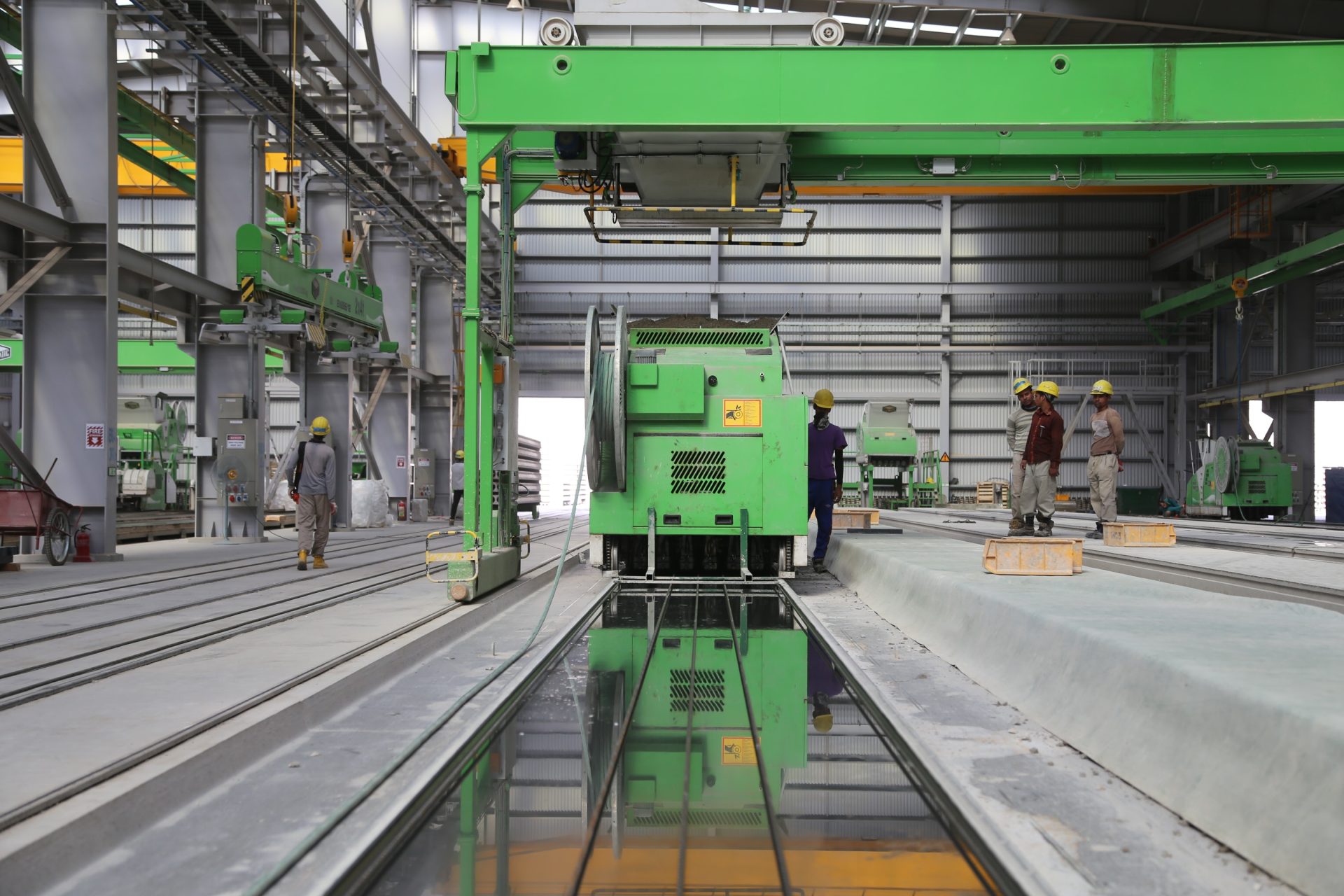By Phephile Motau
Africa and the Arab States will see employment growth in the region of three per cent or more in 2023.
However, with their growing working-age populations, both regions are likely to see unemployment rates decline only modestly (from 7.4 to 7.3 per cent in Africa and from 8.5 to 8.2 per cent in the Arab States).
This is according to a report by the International Labour Organisation (ILO) titled ‘World Employment and Social Outlook Trends 2023’.
Global employment is projected to expand by 1.0 per cent in 2023, a significant deceleration from the 2.3 per cent growth rate of 2022.
The report states that this projection for 2023 is a notable downward revision of 0.5 percentage points from the previous projection. No major improvement is projected for 2024 when employment growth is expected to have edged up to 1.1 per cent.
The ILO said the outlook was pessimistic for high-income countries, with close to zero employment growth. By contrast, low-income and lower-middle-income countries are projected to see employment growth surpassing their pre-pandemic growth trend.
“The slowdown in employment growth means that gaps opened up by the Covid-19 crisis globally, are not projected to be closed in the next two years. Strong employment growth in 2022 raised the global employment-to-population ratio to 56.4 per cent, up from 54.5 per cent in 2020 but still almost half a percentage point below the level of 2019,” the ILO said.
The organisation found that the total weekly hours worked in 2022 remained shy of their level in the fourth quarter of 2019 by 1.4 per cent when adjusted for population growth; this figure translates into the equivalent of 41 million full-time jobs (at 48 hours per week).
Average weekly hours worked per worker are projected to decline slightly in 2023 as a result of the economic slowdown, to remain at just above 41 hours per week. ILO said this reduction in activity limited the earnings potential of workers and in all likelihood lessens opportunities for transitions into better-quality, well-paying jobs.
The report further states that population ageing in almost all advanced and many emerging countries has accelerated, causing a depression of labour supply that is unlikely to be offset by outward migration from demographically more dynamic regions.
“At the same time, technological change, pertaining especially to new digital devices and tools such as artificial intelligence, has yet to live up to earlier optimistic projections about its potential to increase productivity growth and alleviate much of the drudgery of work, but such innovations are needed to address some upcoming labour shortages resulting from demographic shifts,” the ILO said.
Employment to increase by 3% in Africa

previous post
Related posts
- Comments
- Facebook comments

